| IN A NUTSHELL |
|
Coral reefs are vital to marine ecosystems and provide unparalleled biodiversity and economic value. However, they face severe threats from climate change, particularly rising ocean temperatures that lead to coral bleaching. Recently, a team of scientists made a groundbreaking advancement by successfully breeding corals with enhanced heat tolerance. This development, while promising, highlights the urgent need for continued research and global action to protect these precious marine habitats for future generations.
Understanding Coral Heat Resistance
Selective breeding has been a cornerstone of agricultural practices, but its application in marine conservation is relatively novel. The recent study by Newcastle University’s Coralassist Lab marks the first time adult corals have been selectively bred for heat tolerance. This research aims to bolster coral resilience to increasingly frequent marine heatwaves, which have already caused widespread coral bleaching and mortality. By enhancing corals’ heat tolerance, scientists hope to aid in the adaptation of coral reefs to our warming oceans.
Dr. James Guest, a leading expert in Coral Reef Ecology, emphasizes that while selective breeding could be a vital tool, it is not without challenges. The study showed a modest increase in heat tolerance, approximately 1°C over a week, which underscores the need for urgent climate action to make such interventions impactful. Guest also points out the complexity of introducing selectively bred corals to wild populations without diluting their desirable traits, further complicating conservation efforts.
Evaluating the Efficacy of Selective Breeding
The study involved two separate breeding trials to test coral tolerance to both short-term and long-term heat exposure. Corals were subjected to simulated heatwave conditions, mimicking real-world scenarios. The offspring of heat-tolerant corals consistently outperformed others, demonstrating that selective breeding can indeed enhance heat resistance in just one generation. However, the improvement might not suffice against the projected temperature rises if climate change continues unchecked.
Interestingly, the study found that short-term heat tolerance did not necessarily equate to long-term resilience. This suggests that different genetic factors may control these traits, raising concerns about the long-term sustainability of selective breeding as a conservation strategy. As a result, while selective breeding may offer a quick and cost-effective means of enhancing coral resilience, it must be complemented by broader efforts to mitigate climate change.
Complexities in Coral Conservation
Despite its complexities, this research is seen as a crucial proof of concept. It highlights the potential for breeding corals to withstand heat stress, offering a glimpse into future conservation tools. The authors of the study advocate for more research to refine selective breeding techniques and enhance their effectiveness. The ultimate goal is to ensure that these efforts align with global strategies to curb warming, giving coral reefs a fighting chance under moderate warming scenarios.
However, the study also underscores the broader need for urgent climate action. Without significant reductions in global greenhouse gas emissions, the modest gains from selective breeding may fall short in safeguarding coral reefs. This calls for a dual approach: advancing scientific research while simultaneously addressing the root causes of climate change.
The Way Forward for Coral Reefs
The success of this selective breeding initiative offers hope but also serves as a wake-up call. It demonstrates the potential for scientific intervention in coral conservation, yet it also emphasizes the necessity of comprehensive climate action. As highlighted by the researchers, selective breeding is not a “silver-bullet solution.” It must be part of a larger, integrated strategy to support coral reefs in a changing world.
As we move forward, the challenge lies in balancing technological advances with policy changes to mitigate the effects of climate change. The future of coral reefs depends on our ability to innovate and act decisively. What further steps can be taken to ensure the survival of these critical ecosystems in the face of ongoing environmental changes?
Did you like it? 4.5/5 (24)


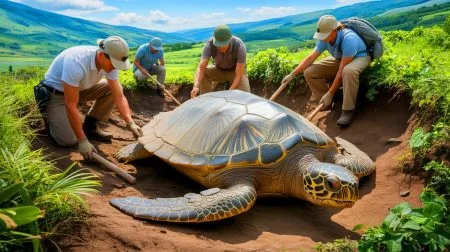

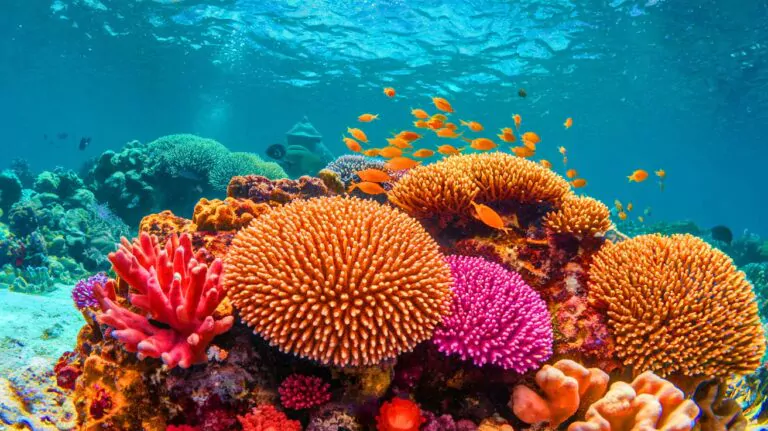
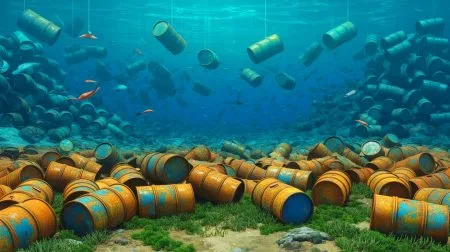
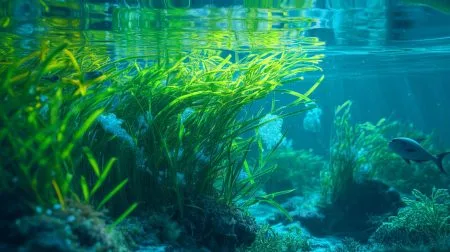
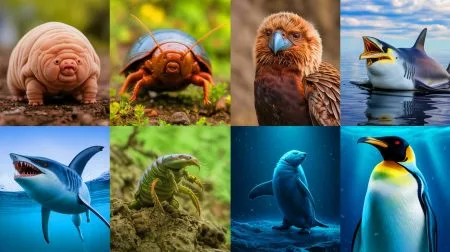
Wow, this is incredible news! 🌊 How soon can we expect these super corals to be introduced to the wild?
Can someone explain how selective breeding in corals works? Is it similar to what we do with plants?
The corals also need to be toxin resistant, especially to chemicals found in sunblock lotion and to other pollutants.
Temperature tolerant coral is a great step forward. Kudos to the researchers.
Thank you, scientists, for your hard work! This gives me hope for the future of our oceans. 💙
Thank you brothers and men hard at work saving our world 🌎 🙏 🙌 ❤️
Sounds like there’s a lot of coral inbreeding to do for a better future.
Good luck everyone.
Isn’t this just delaying the inevitable? We really need to focus on stopping climate change too.
Are there any potential downsides to breeding these heat-resistant corals?
This is all well and good, but can they survive in cooler waters if needed?
They created them, did they?
How…….helpful.
Stop messing with nature’s ecosystem because human intervention always makes things worse and causes irreparable disasters!!!
Great job on the research! But what about other marine species affected by heat?
So we’re creating super corals, but does this mean we’re playing “god” with nature?
Excited to hear about more breakthroughs like this! Keep it up, science team! 😄
How long will it take before we see the real impact of these super corals on ecosystems?
This is a nice step forward, but we need to do more about carbon emissions!
What if these bred corals outcompete and harm the existing coral populations?
I’m skeptical. Can selective breeding really keep up with rapid climate changes?
Why not use technology to lower ocean temperatures instead of altering corals?
This sounds promising. How do they ensure these traits are passed on to future generations?
I’m glad scientists are on this, but isn’t it too little too late? 🤔
How do these heat-resistant corals affect the overall biodiversity of the reef?
So, what’s next after this? Can they work on other species facing similar threats?
I hope this doesn’t become an excuse to slow down climate action!
Selective breeding for corals is groundbreaking. Go, science! 🧬
Is there a chance these super corals could spread beyond controlled environments?
How do we make sure that these efforts don’t interfere with natural coral evolution?
Coral breeding sounds like a great idea, but are there any ethical concerns?
Why not focus on reducing pollution that also harms corals? 😕
Can these corals withstand other stressors like pollution or ocean acidification?
Bravo to the scientists working on this! Let’s hope it paves the way for more solutions. 🌟
This is great stuff. America is The Best. ELOHIM Bless America